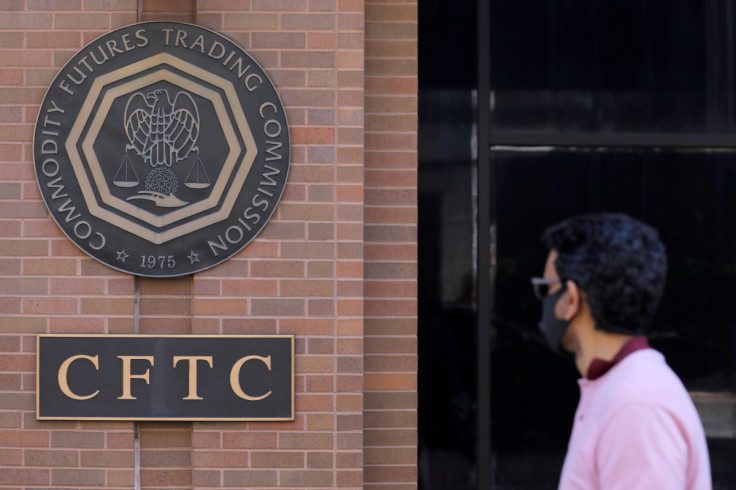Judge Hands Down Record Win To CFTC, Fines South African CEO $3.4B Over BTC-Related Fraud Case
The U.S. Commodity Futures Trading Commission (CFTC) announced a record-breaking win after a court handed down a $3.4 billion penalty payment to a South African CEO over a Bitcoin-related fraud case.
"Today, a federal court ordered a South African CEO to pay more than $3.4 billion for forex fraud, making this the CFTC's largest fraud scheme case involving bitcoin," the CFTC said in a tweet.
Today, a federal court ordered a South African CEO to pay more than $3.4 billion for forex fraud, making this the CFTC’s largest fraud scheme case involving bitcoin. Learn more: https://t.co/X2vmHIRLkh
— CFTC (@CFTC) April 27, 2023
The case involves Cornelius Johannes Steynberg of South Africa, who was the founder and CEO of Mirror Trading International Proprietary Limited (MTI). Steynberg was ordered by the court to pay $1.7 billion in restitution to victims of the fraud scheme and another $1.7 billion as a civil penalty.
The U.S. federal agency said the court's decision is the "highest civil monetary penalty ordered in any CFTC case" and that it is "the largest fraudulent scheme involving Bitcoin charged" in any case it has filed.
"The order requires Steynberg to pay $1,733,838,372 in restitution to defrauded victims and a $1,733,838,372 civil monetary penalty, which is the highest civil monetary penalty ordered in any CFTC case. This action is also the largest fraudulent scheme involving Bitcoin charged in any CFTC case," the regulator said in a statement.
Steynberg, who is a fugitive from South African law enforcement but currently detained in Brazil since December 2021 on an Interpol arrest warrant, is also prohibited from registering and trading in any CFTC-regulated markets.
He was allegedly involved in an international multi-level marketing (MLM) scheme where he solicited Bitcoin investment from unsuspecting victims.
Steynberg and his company MTI reportedly promised investors they will participate in a commodity pool, which turned out to be unregistered. The commodity pool's value as of March 2021 was over $1.7 billion.
Between May 2018 and March 2021, the CEO allegedly accepted around 29,421 Bitcoin from 23,000 investors in the U.S. and other countries, which was valued at $1.7 billion at the time.
"Either directly or indirectly, the defendants misappropriated all of the Bitcoin they accepted from pool participants," the federal agency noted.
The U.S. court found Steynberg guilty of fraud related to retail foreign currency transactions, fraud by an associated person of a commodity pool operator, failure to comply with commodity pool operator regulations and registration violations.
"The CFTC cautions that orders requiring payment of funds to victims may not result in the recovery of any money lost because wrongdoers may not have sufficient funds or assets. The CFTC will continue to fight vigorously for the protection of customers and to ensure the wrongdoers are held accountable," the regulator said.

© Copyright IBTimes 2025. All rights reserved.






















